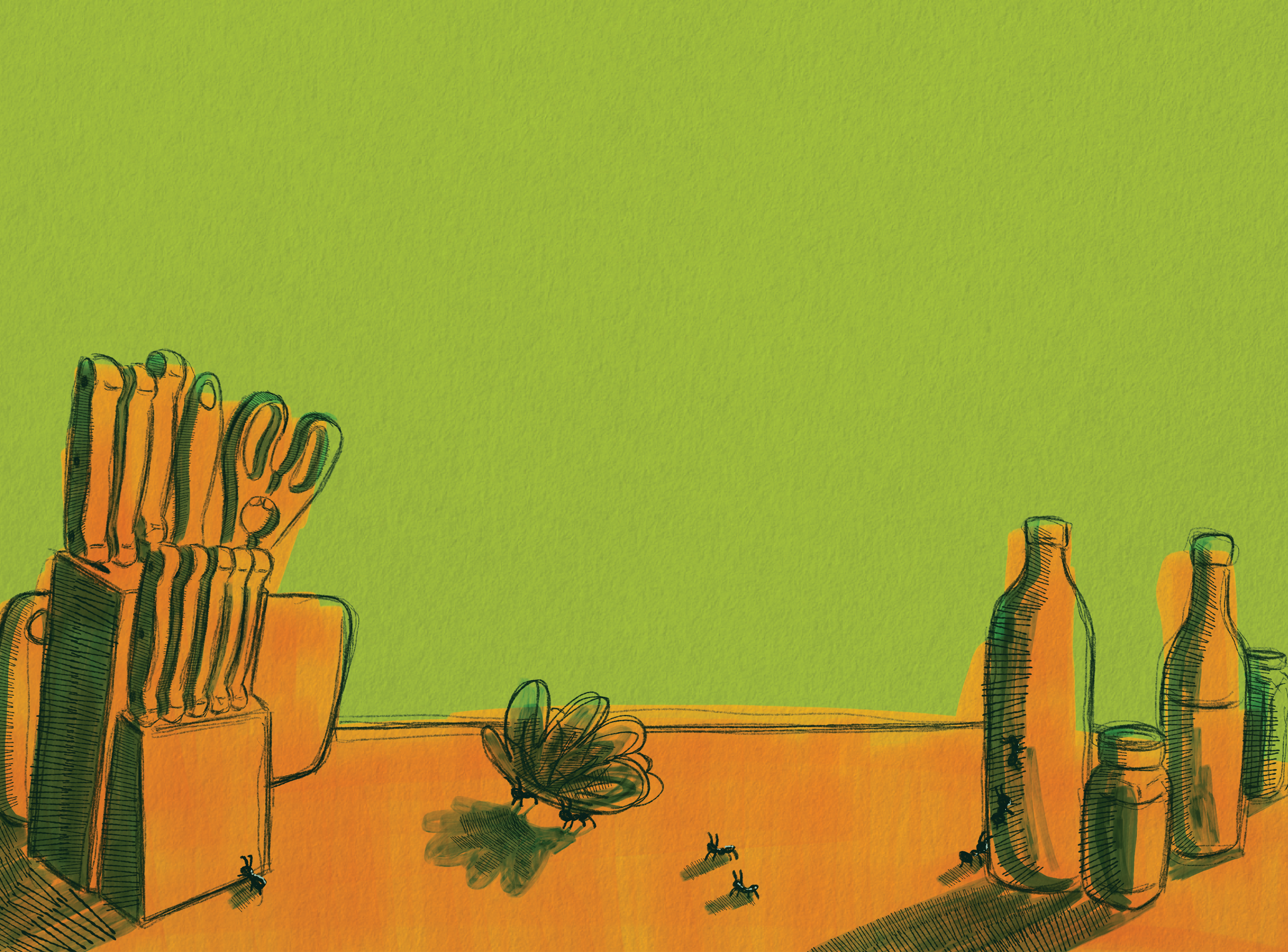“Organizing has opened my eyes, has opened my kids’ eyes…to caring about people who don’t look like you,” Leo J. O’Donovan Dining Hall worker Tarshea Smith said, holding back tears. Smith, speaking at a celebratory panel discussion Tuesday about Aramark workers’ unionization victory last spring, expressed how the union and student organizers have affected her life and the lives of her two young sons. The audience, comprising students, workers, faculty, and Georgetown community members, was held rapt by her story and the stories of other workers who spoke at the gathering.
“Something is happening,” Antonio Cely, another Leo’s worker, said. “We all together can take this so far.” As he said these words, my boyfriend and I, both student organizers on last year’s campaign, shared a meaningful. We were reminded that all of those months of hard work and long meetings were for a real and human purpose.
Last year, a group of students and workers had an idea. Workers in Leo’s and in the Leavey Center, all employed by dining services provider Aramark, had decided to unionize for better health care, higher pay, and job security. It was a big idea, and scary for everyone involved. But it was also an idea that seemed to resonate with Georgetown’s Jesuit ideals and Catholic values.
What does it mean to be men and women for others? It means, I’ve found, that you don’t belong to yourself. You belong to your community. You are needed. Last year, these students and workers decided that they were going to need, and be needed in return. Every community is only as strong as we build it.
It’s difficult to express the way it felt to watch the student committee grow over the course of the semester, partly because it grew so quickly and partly because it was such an emotionally charged experience. These were all heavily involved students, taking time and energy to breathe life into a tough and all-consuming project. There was nothing in it for them except for the joy of helping others and the feeling of working for something right. No one had anything to prove.
The student committee met weekly. We built a long-term strategy, mulling over whom to speak to and brainstorming how to build support for the union after it chose to go public. A major focus of the committee was connecting students with workers so that both could share stories and get to know each other. Guest speakers from the union and other supportive bodies came to train us and give us information about how the campaign was progressing. We slowly brought on new members and established allegiances across groups—the College Democrats, MeCHa, the NAACP, EcoAction. Our ranks grew to more than 50 students, all strong campus leaders, and all men and women for others. When the idea of a union was met with encouragement from the University and minimal resistance from Aramark, all of the power and energy which had built up behind the student committee over the semester dissolved into relief and joy. But the work of the student committee didn’t end with the official recognition of the union. Students continue to be vital in supporting workers during contract negotiations, and it’s important that students remain involved and vigilant in all workers’ rights issues on campus.
Faculty involvement was also a large part of what the student committee focused on, speaking to faculty members one-on-one about where they stood and whether they’d like to help. Donte Crestwell, a Leo’s worker, spoke Tuesday about visiting Professor Maurice Jackson at his home, where he was surprised at how quickly the professor agreed to join. Establishing connections like that strengthen the fabric of the Georgetown community and highlight that we are all interrelated.
Vail Kohnert-Yount (SFS ‘13) and Joaquin Recinos (COL ‘12) were both student committee members present on the panel at the victory event on Tuesday, and both told the group that this campaign was one of the things that made them most proud to be Georgetown students. “This whole campaign started because of relationships,” Kohnert-Yount said, explaining that the strong friendships between workers and students is what motivated student action.
This was more than a victory for working people in a difficult time. It was also a personal victory for every person who spoke out across cultural lines and made a connection. Watching students work towards something greater than themselves, I was proud to be at Georgetown, and proud to be a part of this community.





